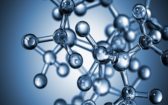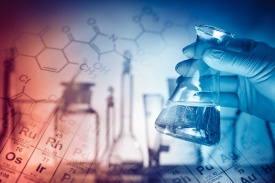الخلايا الجذعية في إصلاح الغضروف: التركيز على انحطاط القرص الفقري الصدري
العلاج بالخلايا الجذعية يحمل وعدًا لعلاج تنكس القرص الفقري الصدري, حالة منهكة تؤثر على الملايين. تحلل هذه المقالة قدرة الخلايا الجذعية على تجديد الغضروف التالف واستعادة وظيفة العمود الفقري, استكشاف أحدث الأبحاث والتجارب السريرية.
















